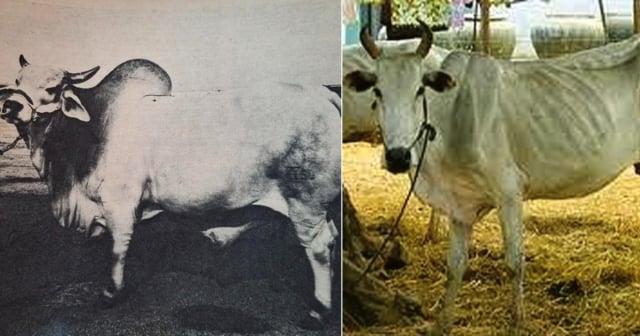Crimes related to large livestock in Cuba, which the regime claims severely impact the economy and food security, have involved more than 9,000 individuals so far this year, according to data presented by Colonel Manuel Valdés Brito, head of the Enforcement Body of the Technical Investigation Directorate (DTI) of the Ministry of the Interior (MININT).
The topic was discussed on the television program Hacemos Cuba, which also featured Mayra Cruz Legón, legal director of the Ministry of Agriculture, and Yoel Palmero Meneses, a member of the National Bureau of the National Association of Small Farmers (ANAP).
Colonel Valdés emphasized that this crime has a significant impact on 55 municipalities across nine provinces, highlighting its widespread nature and complexity.
Throughout the year, the bodies of MININT have focused their efforts on combating these illegal activities, carrying out 6,000 enforcement actions and opening 902 investigative processes, which resulted in the neutralization of 9,005 individuals, of whom 52% received criminal penalties.
Among the main irregularities detected are: deceased or absent owners failing to declare their livestock, unregistered births and transactions, animals not registered or incorrectly identified, theft, illegal slaughter, and discrepancies in herds, along with a lack of control and accountability from the producers.
A total of 591 reports were filed concerning incidents that undermine the management of the livestock population, a key sector for the agricultural development of the country.
According to the regime, cattle producers must adhere to strict regulations, which include proving land ownership, ensuring proper fencing of grazing areas, having adequate facilities such as stalls, shelters, and pens, and immediately reporting any loss, theft, or illegal slaughter of animals.
Colonel Valdés emphasized that combating this scourge is a national priority due to the economic and social impact it generates. "It is one of the most common crimes in the country, and addressing it requires a coordinated effort from all involved agencies," he concluded.
Filed under:
